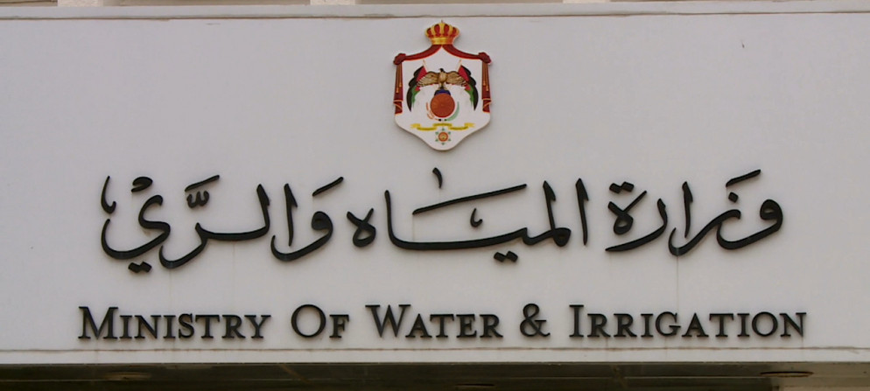You are here
Jordan’s National Water Carrier Project on track to alleviate water scarcity
By Mays Ibrahim Mustafa - Dec 14,2023 - Last updated at Dec 14,2023

AMMAN — The National Water Carrier Project (Aqaba-Amman Water Desalination and Transport Project) is so far progressing adequately on schedule with no foreseen delays, according to the Ministry of Water and Irrigation.
The Water Ministry Spokesperson Omar Salameh told The Jordan Times on Thursday that received proposals for the implementation of the project are currently undergoing technical and financial evaluations.
He added that Issa Al Wer remains the project manager of the Aqaba Amman Water Desalination and Conveyance (AAWDC) Project. He works alongside a committee selected by the prime ministry and composed of a number of state secretaries.
These mainly represent the Water Ministry, the Ministry of Environment, the Ministry of Energy and Mineral Resources, the Ministry of Planning and International Cooperation, the Ministry of Energy and Mineral Resources, the Audit Bureau, and the Integrity and Anti-Corruption Commission, according to Salameh.
AAWDC to address water stress challenges in Jordan
Jordan is known to be the second most water scarce country in the world. The National Water Strategy 2023-2040 revealed that the per capita share of renewable fresh water in Jordan has gradually decreased to 61 cubic metres (m3) per year.
Its report pointed out that this share is “significantly” below the internationally recognised absolute water scarcity threshold of 500m3 per capita per year.
The national AAWDC project aims to address water scarcity in Jordan through generating 300 million m3 of de-salinated drinking water every year, according to the Water Ministry.
“As our existing renewable water resources are declining, increasing supplies through non-conventional sources have become a critical necessity”.
“The most important and vital supply will be secured through the new National Conveyance Project, along with significant expansion of treated wastewater for reuse in irrigation,” it stated.
The water strategy also revealed government plans to increase the efficiency of water use through reducing losses from leakage and illegal use (non-revenue water) by 2 per cent every year to reach 25 per cent by 2040.
Related Articles
AMMAN — The Ministry of Water and Irrigation said that there have been no official notifications from the World Bank (WB) regarding the Red-
AMMAN — Unconventional water sources are the Kingdom’s long-term solution to its water dilemma, government officials said on Wednesday, indi
AMMAN — The Kingdom is facing “unprecedented water poverty”, as the annual all-use per capita share of water in Jordan is nearly 90 cubic me












